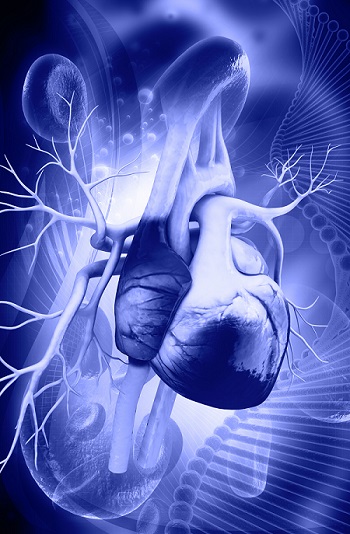

Heart Attack v/s Stroke:
A heart attack, scientifically known as Myocardial infarction (MI) occurs when there is a blockage in the coronary artery. This reduces the blood flow to heart muscles resulting in less supply of oxygen and nutrients. The blockage is caused due to fat and cholesterol build-up ultimately resulting in plaque. This plaque can further lead to clot formation which can damage the heart cells, hence, it is very important to identify the symptoms of a heart attack early on.
A stroke is the result of the blockage, in the carotid arteries that supply oxygen and nutrients to the brain due to a clot. This clot can be temporary, resulting in a transient ischemic attack (TIA), commonly called ‘mini-stroke’. A hemorrhagic stroke can occur when the blood vessel ruptures and bursts. The blood leaks into surrounding tissue causing a stroke. This happens due to high blood pressure.
Symptoms of Heart Attack:
- Chest discomfort: Pain, tightness, aching sensation, or uncomfortable squeezing and pressure around the chest area that could last for a few minutes or cause recurrent pain.
- Shortness of breath: Difficulty in breathing that might lead to chest
- Upper body discomfort: Heart attack symptoms can be identified by observing pain in one or both arms, jaws, stomach, neck, or back.
- Other signs: Fatigue, cold sweat, nausea, abdominal pain, heartburn, indigestion, lightheadedness, dizziness are often prominent symptoms of a heart attack.
Symptoms of Stroke:
- Dropping of the face: The face drops to one side and the smile becomes lopsided.
- Weakness in arms: There is weakness in one side of the body usually an arm or a leg.
- Slurred speech: Speech becomes slurred and the person has difficulty in repeating simple sentences.
- Other signs: The person has trouble walking, displays confusion, and might have sudden severe


Understanding early symptoms of our body will keep us ahead of diseases and ailments. Heart is a muscle that caters to body’s nutritional requirements making its health monitoring, a necessity. Thyrocare offers a Cardiac Risk Markers Profile containing a wide range of tests to assess your heart health for a better, healthier future.






